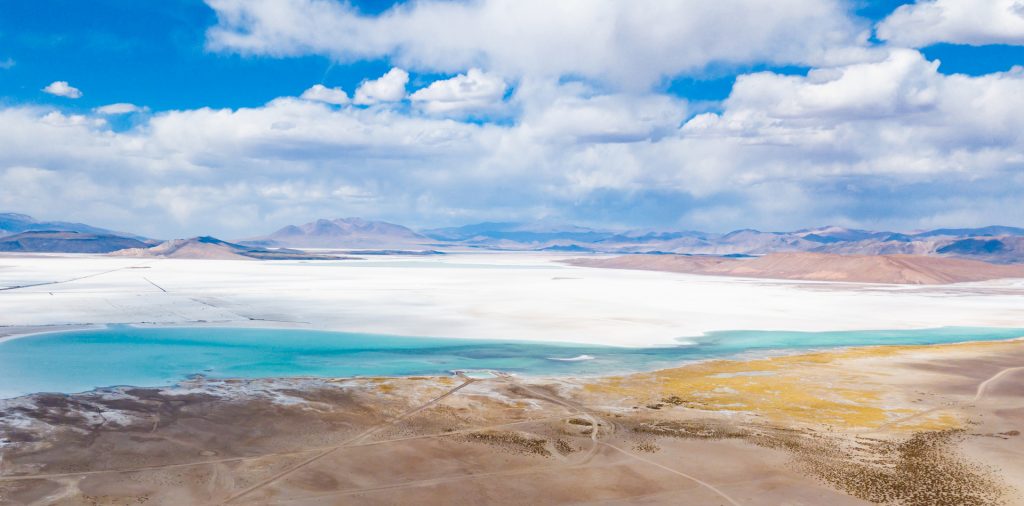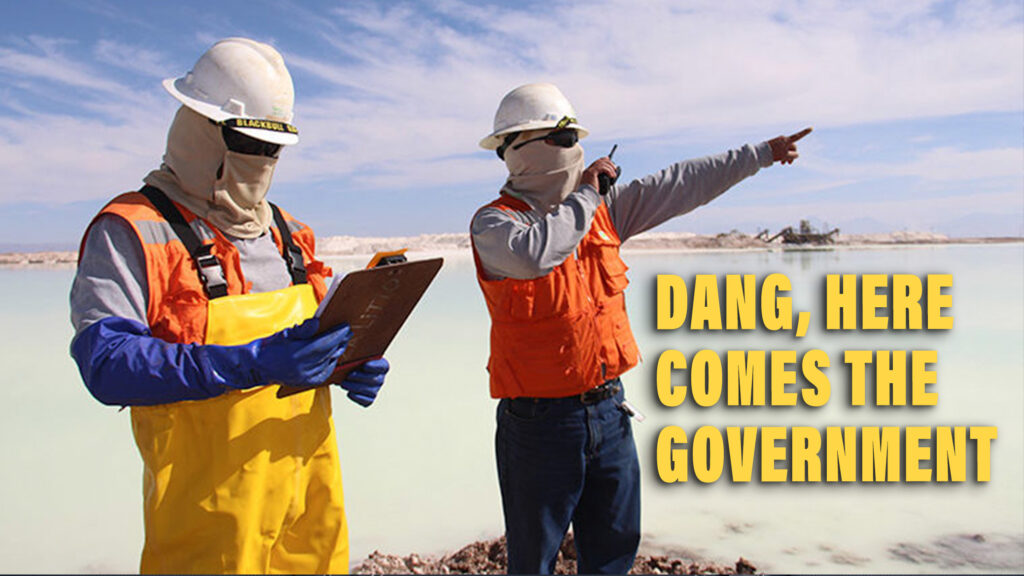The switch to electric cars might be helping wean us off our addiction to gasoline, but it’s replacing it with other ones that are in their way equally disastrous for the planet. EV batteries are built using minerals like cobalt and lithium, and the rapid growth in the EV market is putting a big strain on the supply of those minerals, which are not environmentally friendly to extract.
Now automakers, who have been scrambling to secure their own supplies of lithium, have been dealt a potential blow with the news that Chile is to nationalize its lithium industry. The South American country is the world’s second-largest producer of lithium and plans to transfer control of the industry from two existing firms, SQM and Albemarle, to a separate company owned by the state.
“This is the best chance we have at transitioning to a sustainable and developed economy,” the country’s President, Gabriel Boric, told the nation in a televised address. “We can’t afford to waste it.”
Chile’s government won’t terminate existing contracts with companies involved in lithium extraction but hopes that those companies will be receptive to working with the state before those contracts end. SQM’s contract is set to expire in 2030 and Albemarle’s in 2043, Reuters reports. All new contracts will only be granted as partnerships over which the state has control.
Related: Porsche Begins Producing Synthetic eFuel In Chile

Analysts have suggested that the announcement may result in battery makers switching their focus away from Chile and to other countries, such as Australia, or elsewhere in South America, where there is no state involvement in operations. Chile’s lithium resource comes from an area called the “lithium triangle” that also stretches into Argentina and Bolivia. The triangle is estimated to contain 54 percent of the world’s lithium reserves.
Chile isn’t the first county to take control of natural resources that are crucial to EV battery production. Mexico nationalized its lithium stock in 2022 and Indonesia banned nickel ore exports the year before that. The sheer scale of Chile’s lithium resources means this is a far bigger story, though automakers wishing to take advantage of EV tax credits for cars sold in the U.S. must now try to find battery materials sourced in North America to qualify.




